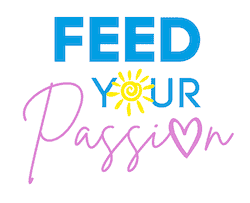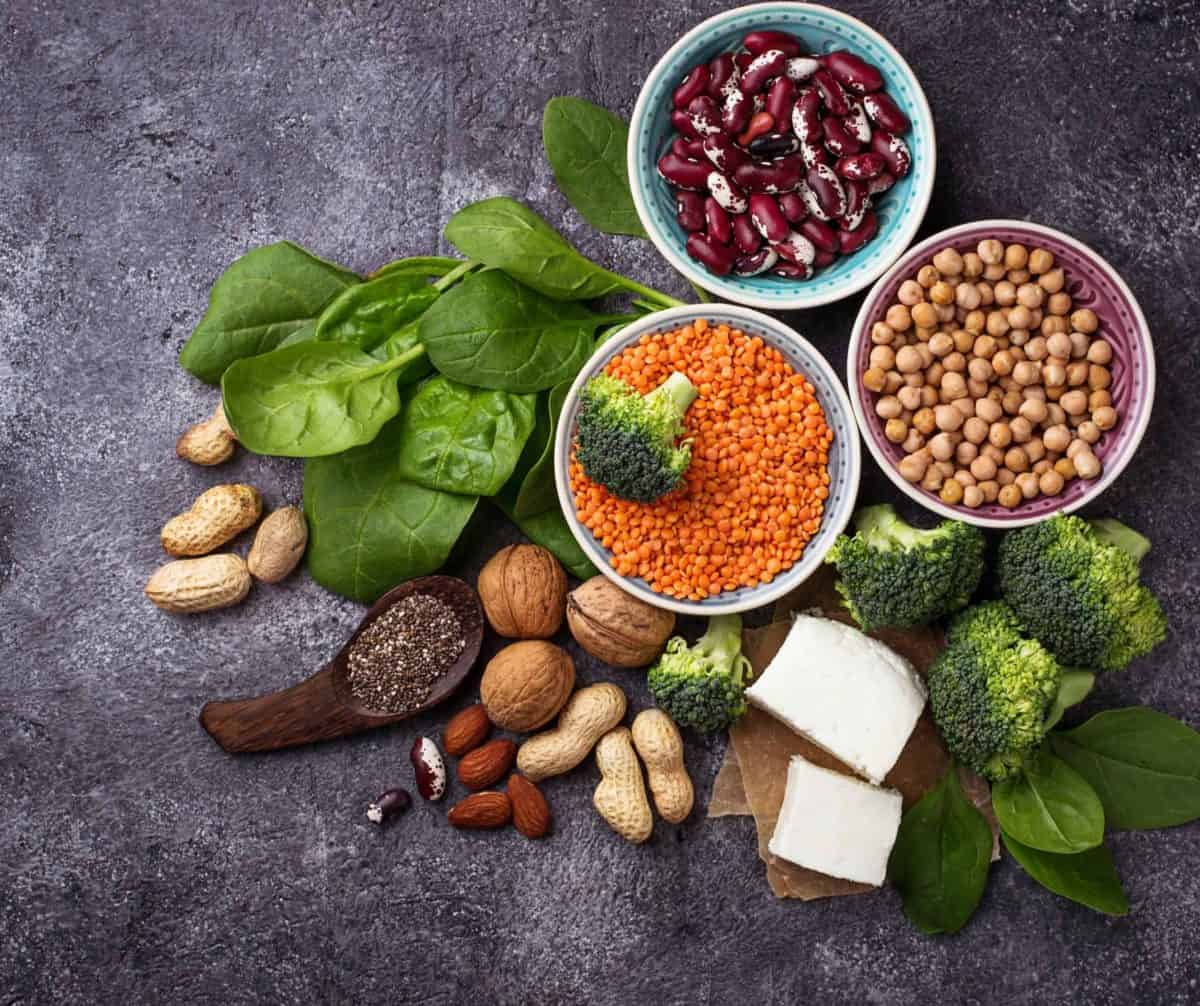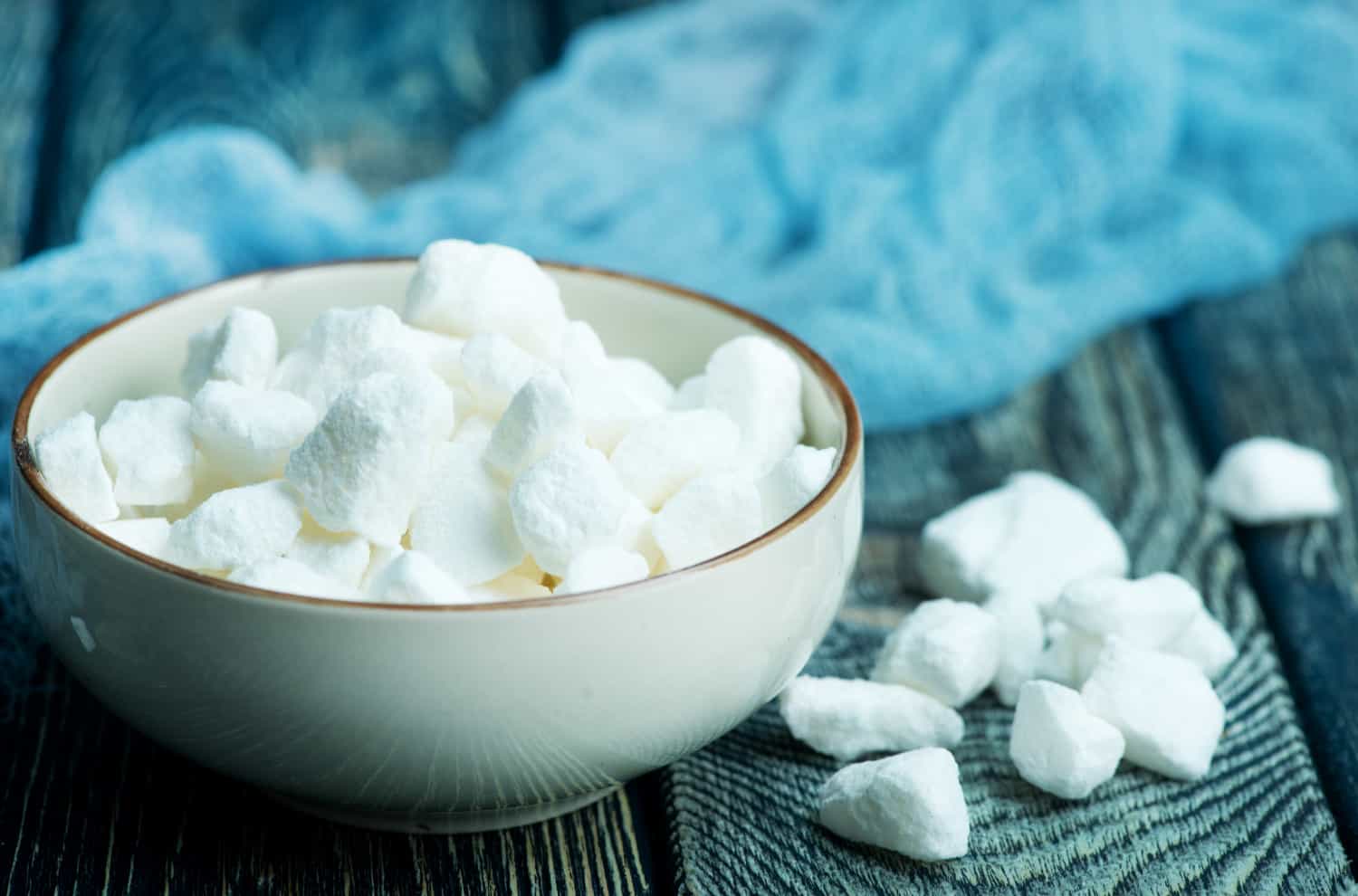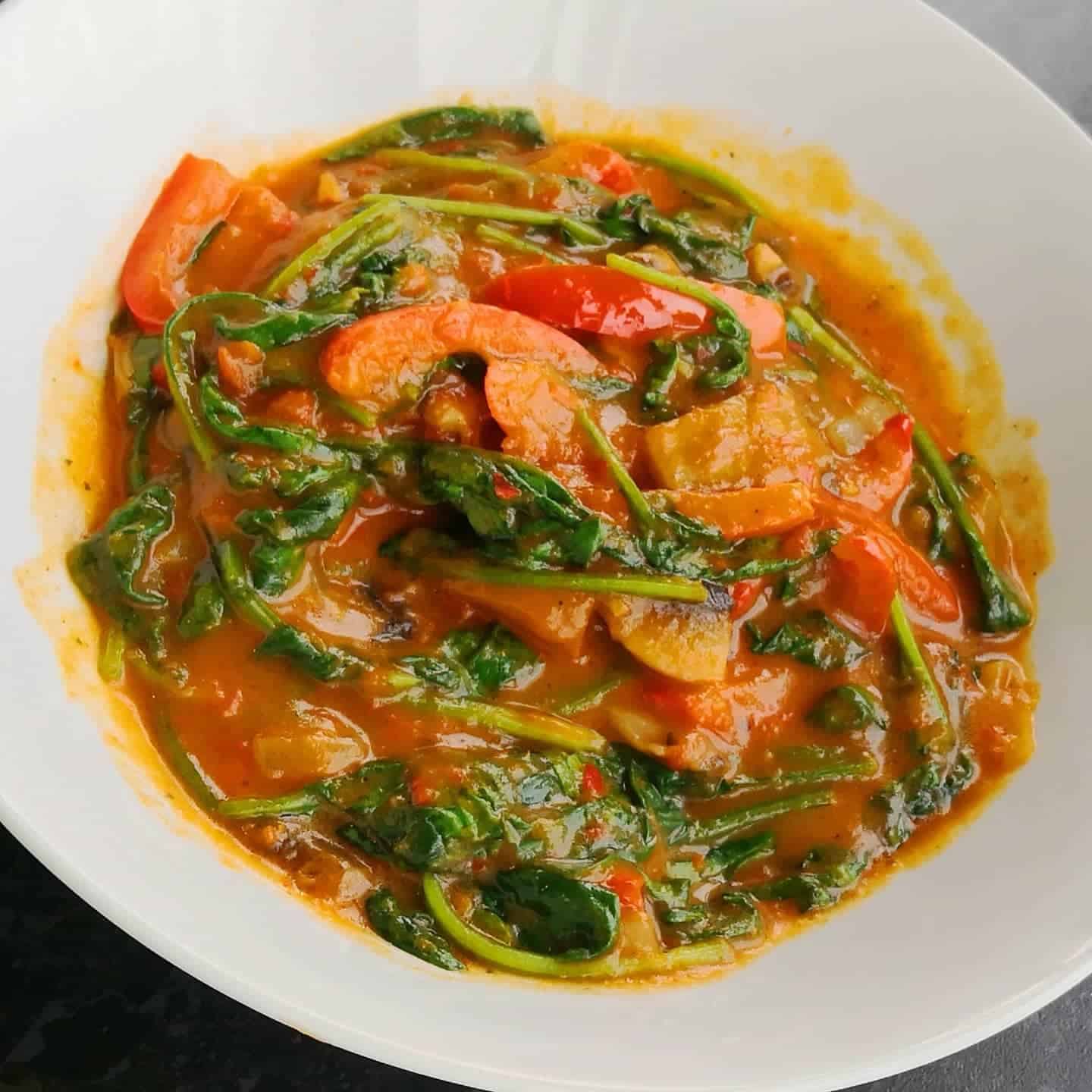Protein plays a hugely important part in our diet; we need it to maintain, grow and repair all of the cells in our bodies. Protein is also needed for hormonal function, immune function and carrying oxygen & nutrients around our body. If you’re not getting enough protein you’ll certainly feel it, but (as with most things) too much isn’t good for us either. Here I let you know which foods contain plenty of protein, and how to include it in your diet every day.
Animal protein vs plant protein
Protein is found in animal products, and some people believe that this type of protein is superior and a necessary part of the diet. However, many plant based foods contain good amounts of protein too, and those foods have added benefits.
So, those who believe that protein from animals is superior (we’re talking meat, dairy, eggs and fish) say this because animal proteins contain all of the essential amino acids. There are 10 essential amino acids, these are the ones that our body can’t produce by itself. Only a few plant foods contain all of the essential amino acids (quinoa, soy, buckwheat, hemp, chia seeds and spirulina), but it’s very easy to get a balance of all of the essential amino acids from plants by including a wide range of protein sources in your diet. It’s also important to point out that heating food to high temperatures is thought to compromise amino acids. For example pasteurisation of milk alters two of the amino acids. It has also been found that cooking meat at high temperatures can cause amino acids to react with the creatine in our muscles and form a substance called heterocyclic amines (HCAs), which may increase our risk of cancer (ref National Cancer Institute, 2017). So, if some amino acids have been altered during cooking, are we really getting ‘complete’ protein when we eat animal products?
It’s very easy to get a balance of all of the essential amino acids from plants by including a wide range of protein sources in your diet.

Which plants provide protein?
Lots of plant foods provide us with good amounts of protein, these include:

How much protein should I eat?
Recommendations for the amount of protein to include in your diet vary significantly. Protein deficiency can cause a variety of issues including gastro-intestinal disorders, liver disease, stunted growth, decreased muscle mass and increased susceptibility to infection. Excess protein cannot be stored by the body, so eating more than necessary offers no benefits but can compromise renal function and possible demineralisation of the body’s tissues. Either way, there can be serious repercussions if we get it wrong.
The British Nutrition Foundation (BNF, 2017) recommends eating 0.75 grams protein per kg bodyweight every day (unless you’re pregnant or breastfeeding). Some consider this to be very low but it is not advisable to exceed 1.5 grams protein per kg bodyweight per day.
For example, if you weigh 65kg (that’s 10 stone 3lb), the BNF recommends between 49 and 97.5 grams of protein per day.
If you wanted to calculate the perfect amount of protein, you would take factors such as age, lifestyle and health conditions in to account as well as bodyweight. As a general rule I don’t think it’s healthy for us to be counting nutrients every day. If you get to know the different protein sources on offer, my recommendation is that you include two or more of those in every meal. Eat a variety of proteins every day too, this will make sure that you receive all of the essential amino acids. Don’t obsess about it, but make sure you’re mindful about including protein in your diet.
As a general rule I don’t think it’s healthy for us to be counting nutrients every day… Don’t obsess about it, but make sure you’re mindful about including protein in your diet.
Breakfast might be porridge (most types of milk contain enough protein to count towards your daily intake) with fresh fruit and some nuts; or seeded wholemeal toast with mushrooms, spinach and beans.
Lunch could be a salad with quinoa and chickpeas to add protein, or a jacket potato with roasted vegetables and houmous.
There are countless dinner options; a curry, dahl, stew, chilli… just make sure that you include some protein rich vegetables and beans or lentils. If you serve it with brown rice or quinoa that’s even better!
Including protein in every meal will also help you to feel full, and avoid those blood sugar spikes followed by that horrible slump I’m sure we’ve all experienced.
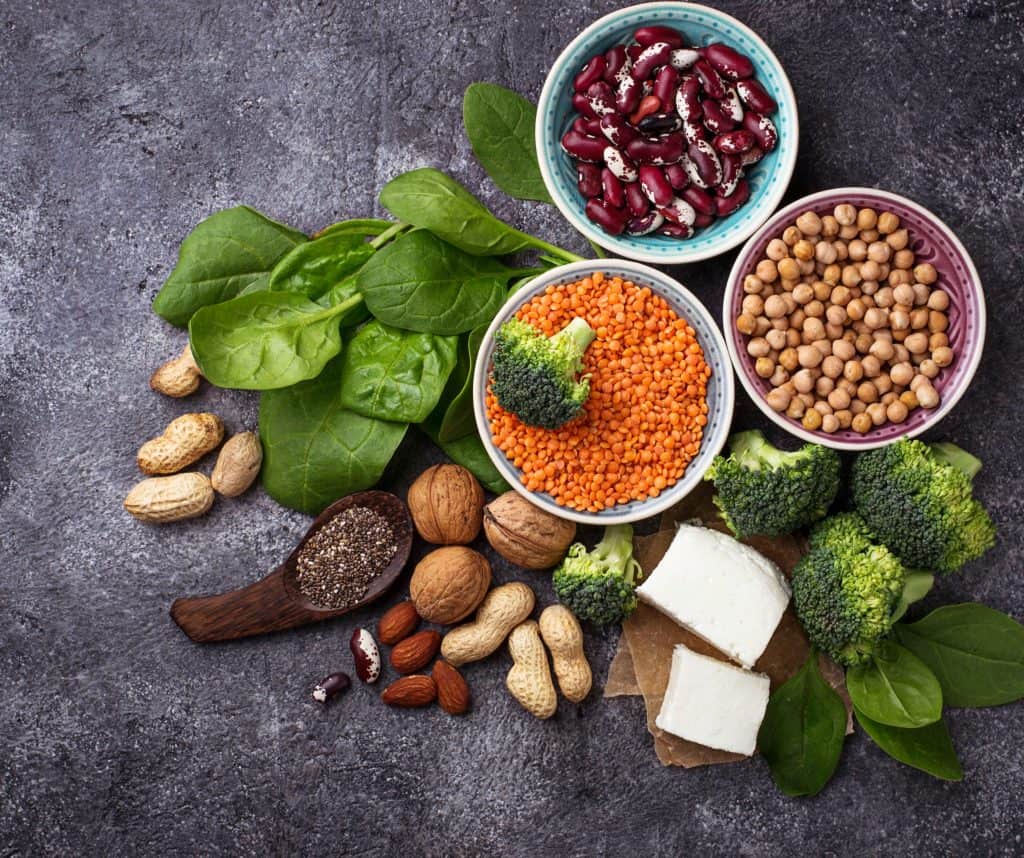
Have you found this blog useful? If you’re not used to thinking of plants as protein, how do you feel about adding more of these in to your diet?
